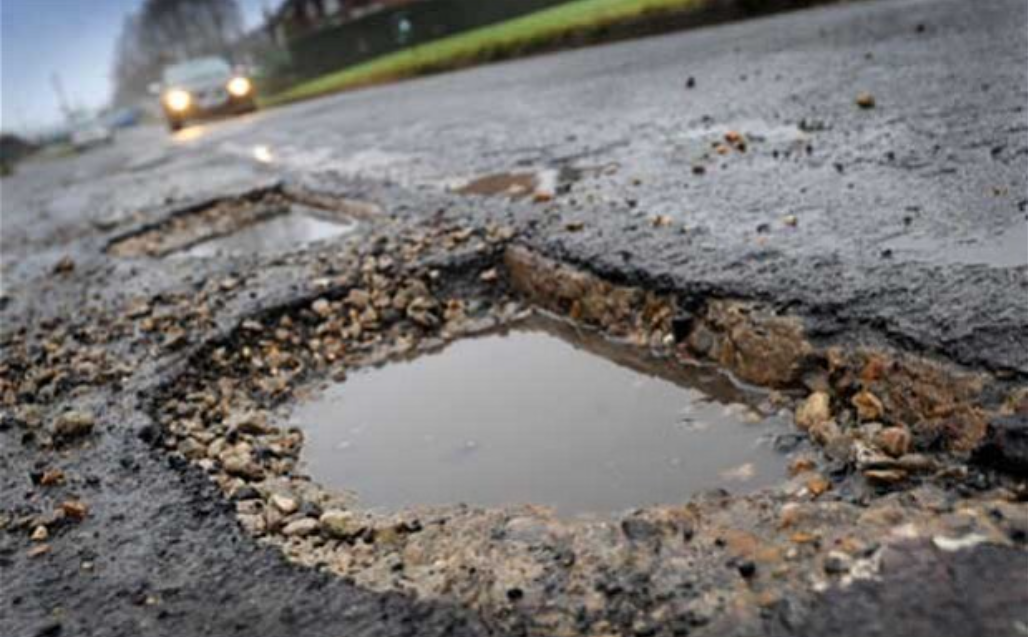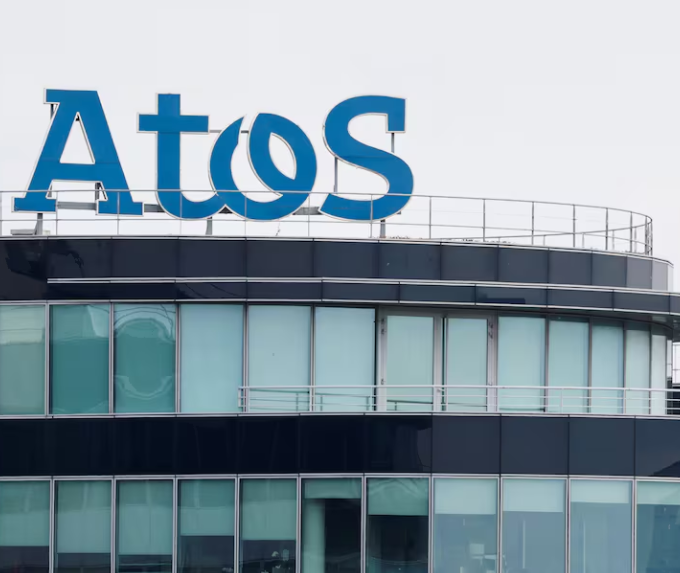- Home
- Billionaires
- Investing Newsletters
- 193CC 1000
- Article Layout 2
- Article Layout 3
- Article Layout 4
- Article Layout 5
- Article Layout 6
- Article Layout 7
- Article Layout 8
- Article Layout 9
- Article Layout 10
- Article Layout 11
- Article Layout 12
- Article Layout 13
- Article Layout 14
- Article Sidebar
- Post Format
- pages
- Archive Layouts
- Post Gallery
- Post Video Background
- Post Review
- Sponsored Post
- Leadership
- Business
- Money
- Small Business
- Innovation
- Shop
Recent Posts
TfL’s Pothole Crisis: London Transport Authority Pays Out Over £2 Million in Compensation Claims

Transport for London (TfL) has paid out more than £2 million in pothole-related compensation claims over the past three years, highlighting the deteriorating condition of London’s roads. The transport authority’s compensation payments have seen dramatic fluctuations, with a significant spike in the 2022-23 financial year when £1.7 million was awarded for just 12 claims.
This substantial increase represents a marked rise from the previous year’s £310,000 payout for 13 claims, while the most recent financial year saw payments drop to £85,000 for 10 claims. The revelation comes amid growing concerns about the state of London’s road infrastructure and its impact on both vehicles and public safety.
The scale of the problem is reflected in the rising number of pothole claims received by TfL, which reached 229 in 2023/24, up from 161 in 2022/23. The transport authority has also documented an increase in recorded potholes on its road network, with numbers climbing from 804 in 2021/22 to 945 in 2022/23. However, due to a cyber-attack on the organization, TfL has been unable to provide figures for the most recent period.
Rod Dennis, safety spokesman for the RAC motoring group, has expressed concern about the situation, noting that the 42% year-on-year increase in pothole compensation claims serves as a stark reminder of how poor road conditions are affecting both local authority budgets and drivers’ finances.
While TfL is responsible for only 5% of London’s roads, these routes are among the capital’s most crucial arteries, including the North and South Circular roads, Victoria Embankment, and congestion charge boundary roads. The remaining 95% of London’s roads fall under the management of borough councils.
In response to the growing crisis, TfL has emphasized its commitment to road safety and maintenance. The authority implements a rigorous inspection and repair program, with any reported dangerous potholes being addressed within one to 24 hours, depending on their severity. Additionally, TfL has secured £967,000 from a highways maintenance fund announced in the recent budget.
The government has allocated varying levels of funding to different London boroughs to address the issue, with Bromley receiving £1.5 million, while Barnet and Croydon are each set to receive £1.2 million. The City of London, by comparison, has been allocated a more modest £70,000.
The pothole crisis isn’t unique to London. According to the Asphalt Industry Alliance (AIA), roads across England and Wales were described as being at “breaking point” in 2024. Recent RAC research indicates that pothole-related damage costs drivers an average of £460, with the most common issues being flat tires, damaged rims, and broken suspension springs.
Looking ahead, both the RAC and the Local Government Association (LGA) have urged the Labour government to maintain the previous Conservative administration’s commitment to allocating £8.3 billion for road repairs in England over the next decade. This investment will be crucial in addressing what has become one of the most pressing infrastructure challenges facing the capital and the country as a whole.
- compensation claims
- compensation payments
- infrastructure investment
- infrastructure maintenance
- infrastructure spending
- local councils
- local government
- London boroughs
- London infrastructure
- London mobility
- London roads
- London traffic
- London transport
- maintenance programs
- potholes
- public funds
- Public Spending
- public transport
- RAC
- road condition monitoring
- road conditions
- road damage
- road improvements
- road infrastructure
- road investment
- road maintenance
- road maintenance costs
- road maintenance funding
- road maintenance strategy
- road network
- road network management
- road quality
- road repair costs
- road repairs
- road safety
- road safety initiatives
- road safety measures
- road safety standards
- road works
- TfL
- traffic management
- traffic safety
- transport authority
- transport budget
- Transport for London
- transport infrastructure
- transport planning
- transport policy
- transport safety
- urban infrastructure
- urban transport
- vehicle damage
- vehicle repairs
Recent Posts
Categories
- 193 Countries Consortium Partner1
- 193cc Digital Assets2
- 5G1
- Aerospace & Defense48
- AI37
- Arts3
- Banking & Insurance11
- Big Data3
- Billionaires1,497
- Boats & Planes1
- Business332
- Careers13
- Cars & Bikes79
- CEO Network1
- CFO Network17
- CHRO Network1
- CIO Network1
- Cloud10
- CMO Network18
- Commercial Real Estate7
- Consultant1
- Consumer Tech194
- CxO1
- Cybersecurity73
- Dining1
- Diversity, Equity & Inclusion4
- Education7
- Energy8
- Enterprise Tech29
- Events11
- Fintech1
- Food & Drink2
- Franchises1
- Freelance1
- Future Of Work2
- Games149
- GIG1
- Healthcare79
- Hollywood & Entertainment203
- Houses1
- India’s 1000 Richest1
- Innovation46
- Investing2
- Investing Newsletters4
- Leadership65
- Lifestyle11
- Manufacturing1
- Markets20
- Media327
- Mobile phone1
- Money13
- Personal Finance2
- Policy569
- Real Estate1
- Research6
- Retail1
- Retirement1
- Small Business1
- SportsMoney42
- Style & Beauty1
- Success Income1
- Taxes2
- Travel10
- Uncategorized14
- Vices1
- Watches & Jewelry2
- world's billionaires1,466
- Worlds Richest Self-Made Women2
Related Articles
Atos Surpasses 2024 Liquidity Targets with €2.19 Billion Year-End Position, Marking Strong Financial Recovery
French IT giant Atos SE has announced its estimated liquidity position for...
By 193cc Agency CouncilJanuary 22, 2025Innovative Gaming Meets Sustainability: Cranfield School’s “Game of Life” Wins Prestigious FT Teaching Award
In a significant recognition of innovative educational approaches, Cranfield School of Management...
By 193cc Agency CouncilJanuary 22, 2025Bitcoin Shatters Records, Surges Past $109,000 as Trump’s Inauguration Fuels Crypto Rally
In a historic moment for the cryptocurrency market, Bitcoin reached an unprecedented...
By 193cc Agency CouncilJanuary 20, 2025Billions in Child Trust Funds Remain Unclaimed as Young Adults Miss Out on Financial Windfall
A staggering £1.4 billion in Child Trust Funds (CTFs) remains unclaimed, with...
By 193cc Agency CouncilJanuary 20, 2025















Leave a comment